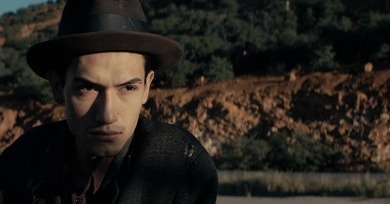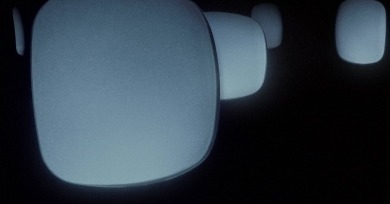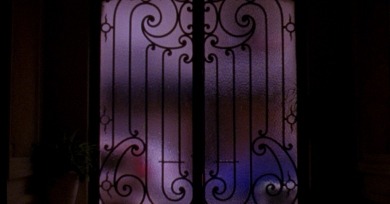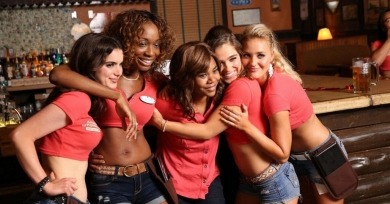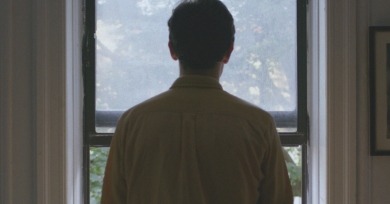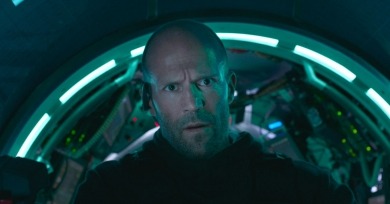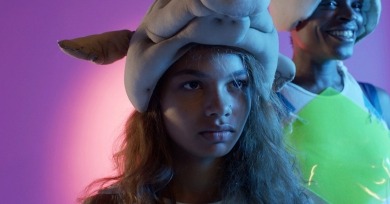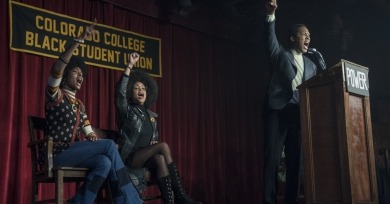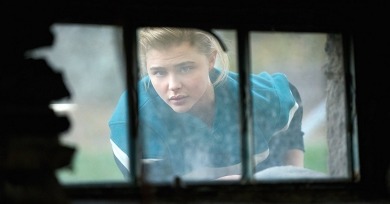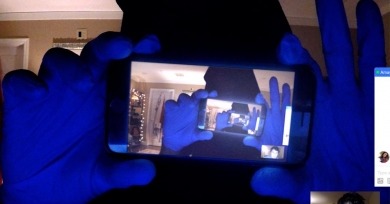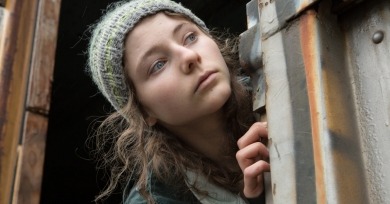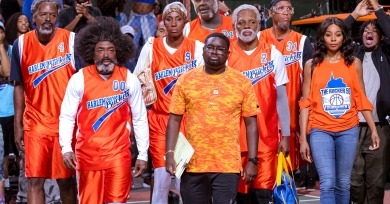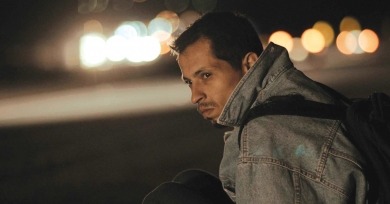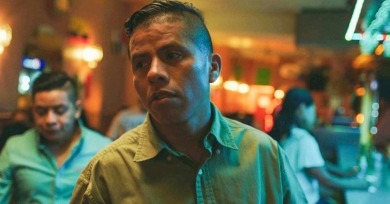Reviews
Just as Kate had no access to footage of Christine Chubbuck while preparing to play her, the residents of Bisbee must invent backstories, postulate connections between their roles and themselves, and develop entirely new countenances with no objective reference points.
Blake Williams has achieved a holistic union of his own that speaks at once to the transformative power of the moving image and the oceanic force of its full deployment.
Over the course of the film, Bohdanowicz and Juliane live together as strangers for 30 days, which allows the audience to get to know Juliane at the same time as Bohdanowicz does.
Bujalski has utilized this business as a rich backdrop for one of the most unusual films of the year: a day-in-the-life character portrait of a working woman of color that is frequently hilarious yet firmly rooted in her undeniable melancholia.
It is a playful thing, rattling with little bibelots, and this is for the good, for we could use more games amid the self-serious heft of so much contemporary cinema.
Cinema like architecture is an art concerned with grace, proportion, and a mindfulness of human needs, things which become increasingly difficult to control or bear in mind as size and budget metastasize.
Were Evangeline more sympathetic and self-aware, we might ask ourselves how our enjoyment of Howard is so different from hers of Madeline, and how our continued appetite for performances of female psychological fracture fits into a history of condescension and exploitation.
The basic material of BlacKkKlansman is custom-made to be described as provocative, even though it is hard to pick out a moment in the finished film that would possibly provoke or discomfit someone already inclined to buy a ticket to a Spike Lee movie called BlacKkKlansman.
Akhavan is fascinated by the moment of seduction, like the precise tipping point when a playful kick turns into a nudging invitation. She is also interested in the moment when the spell breaks.
Filling the big screen canvas with the small-screen desktop space, Unfriended: Dark Web is cinema for the age of the post-cinematic affect.
Will is affected by not just PTSD but also a self-serving, deluded masculinity that is killing his relationship with the only person he has in this world. The central, intentional frustration of the film stems from our desire to see them stay together, even as he is denying his daughter the life and community she so desperately needs and craves.
It contains a crowd-pleaser dance-off, and not one, but two Viagra jokes . . . Did you know it is possible to mist up and roll your eyes at the same time?
Araby is a film in the form of an inquest, a postmortem investigation, searching for the key to unlock an extinguished existence, as though any one thing could suffice to explain a death, much less a life.
Writer/director Jim McKay’s fifth feature, and his first since 2005’s Angel Rodriguez, is his most tightly plotted film yet, propelled by a momentum that’s often exhilaratingly fleet. Yet his emphasis on his characters’ everyday stakes keeps the film from feeling lightweight.
